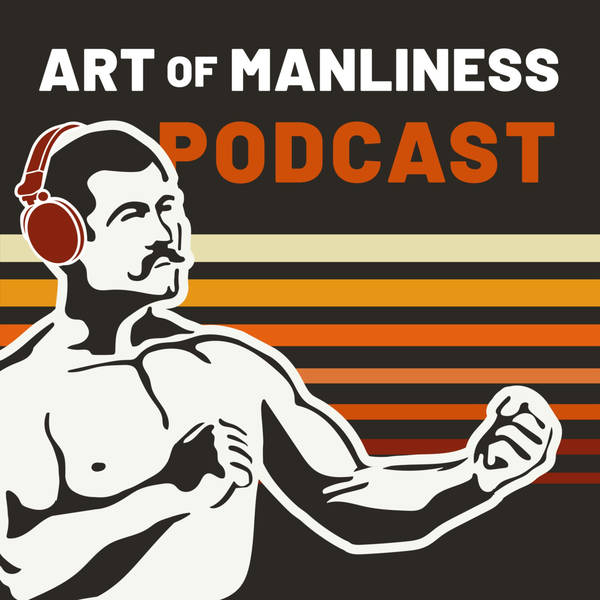
Can You Trust Happiness Studies?
How to be happier is a topic covered in countless books, blogs, and podcasts. Consume enough of this content and you repeatedly come across the same recommendations that have purportedly been proven to increase happiness: exercise, spend time in nature, meditate, socialize, and practice gratitude.
But is there actual scientific evidence that these strategies work?
Today on the show, we'll find out what professor of social psychology Elizabeth Dunn discovered when she did a study of happiness studies, and what the surprising findings have to do with the "replication crisis" that's occurred in science. In the second half of our conversation, Elizabeth shares the takeaways of a few well-vetted happiness studies she's done herself, including how to spend your money and use technology to increase happiness. And we discuss how to apply these findings, and the findings of all happiness studies, in a wise way that takes into account your unique personality and peculiarities.
After the show is over, check out the show notes at aom.is/happinessstudies
Resources Related
Study by Elizabeth Dunn and Dunigan Folk: "A systematic review of the strength of evidence for the most commonly recommended happiness strategies in mainstream media"Happy Money by Elizabeth Dunn and Michael NortonAoM Article: How to Choose What Advice to TakeConnect With Elizabeth Dunn
Elizabeth's websiteElizabeth on X